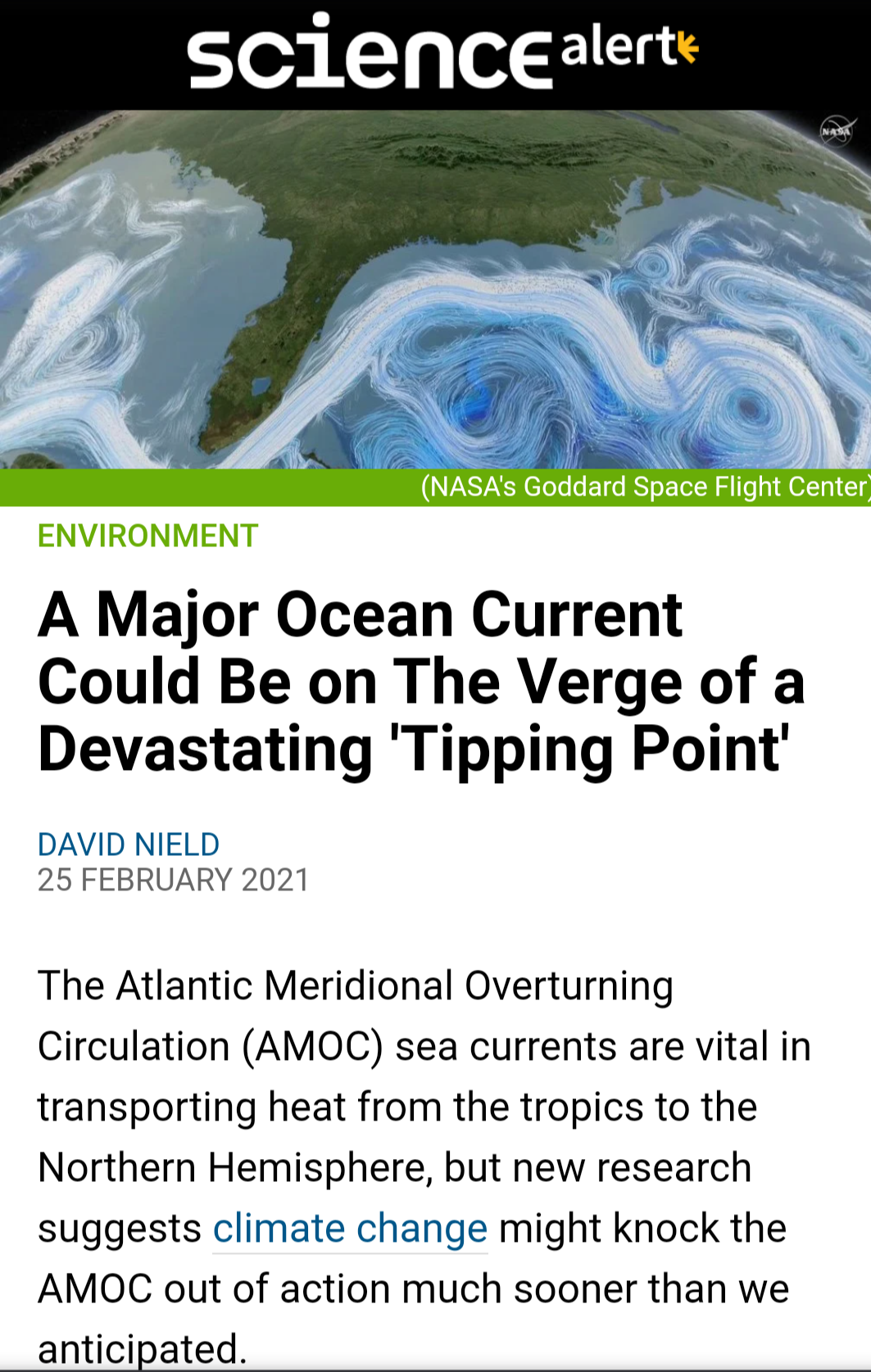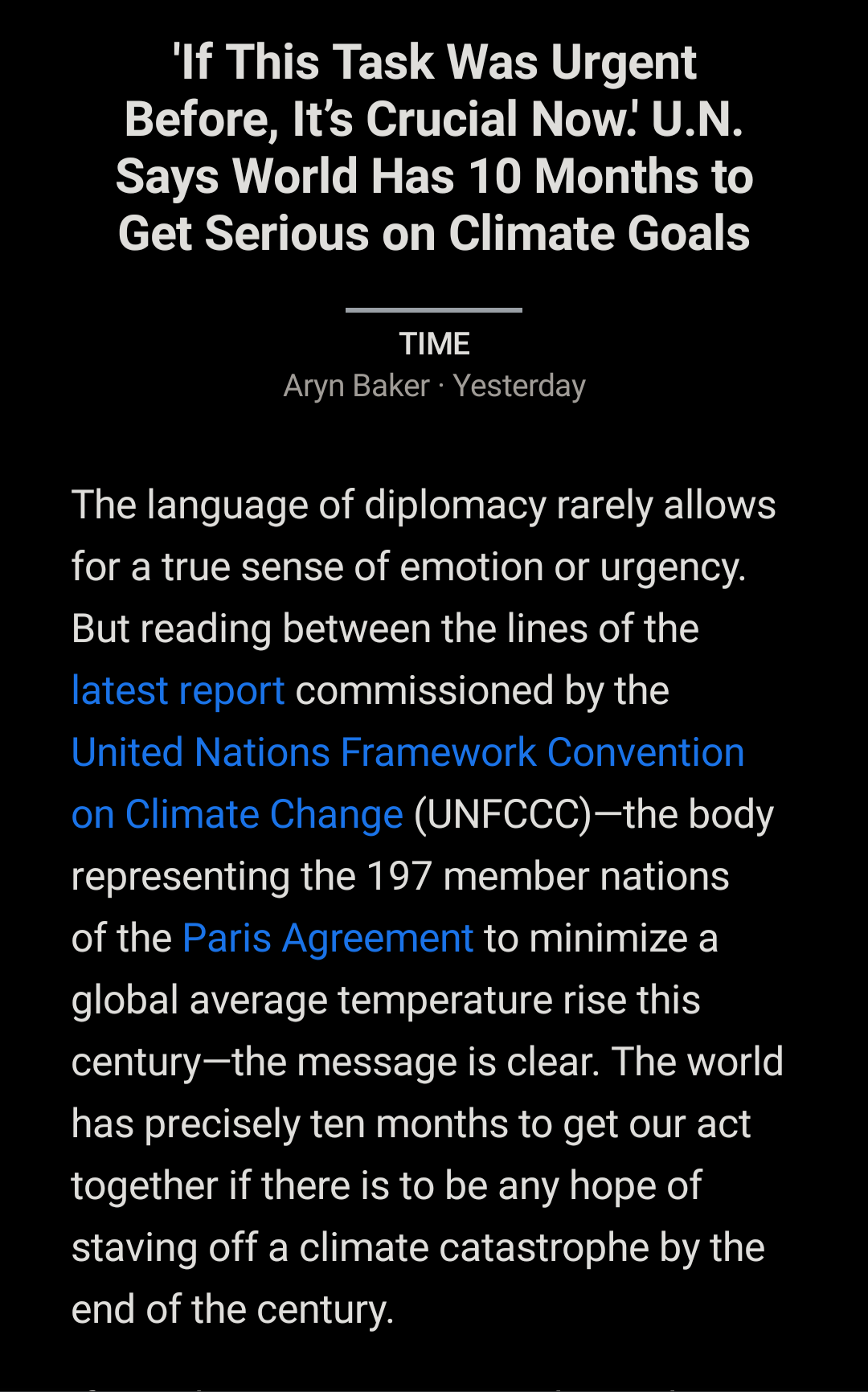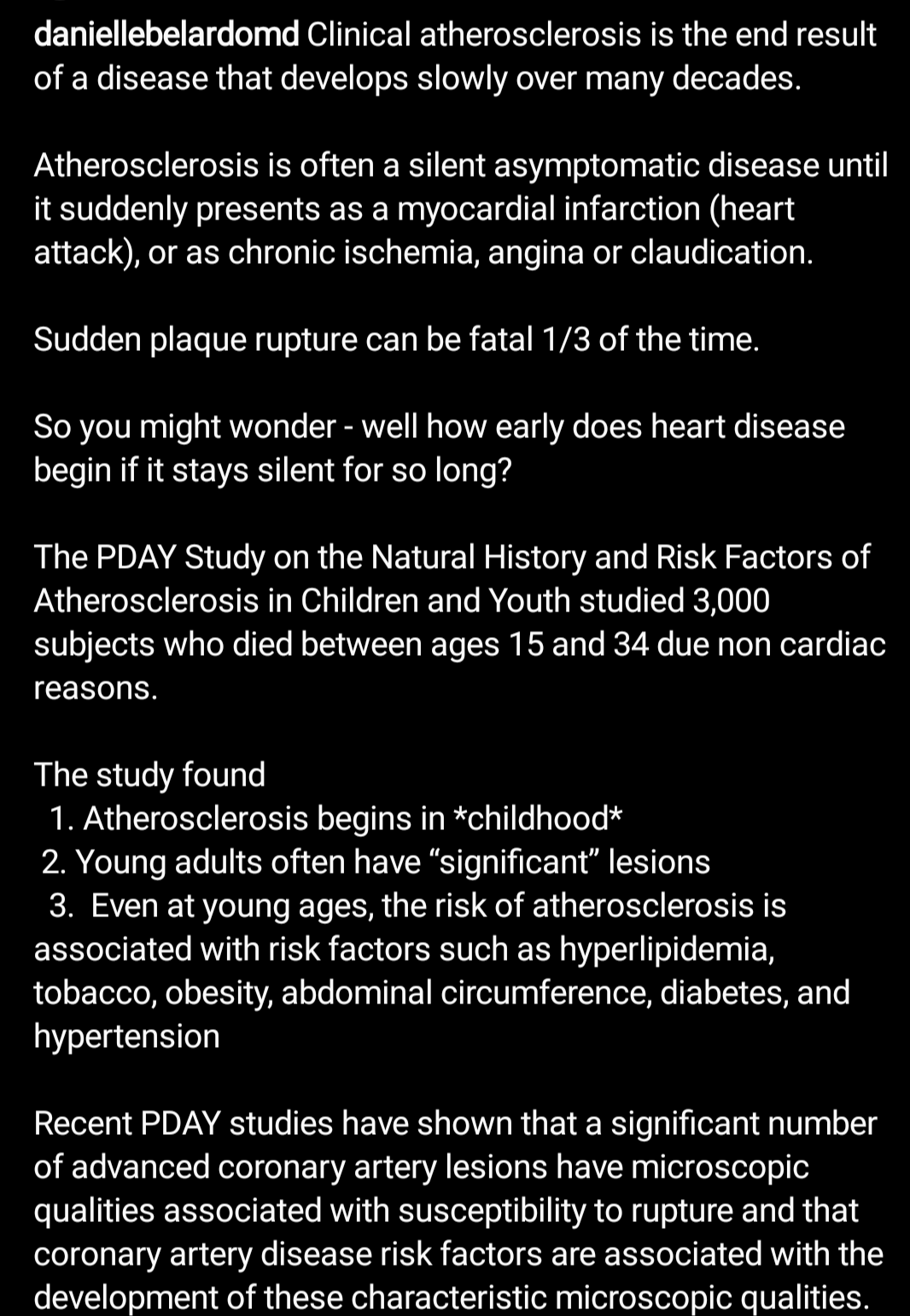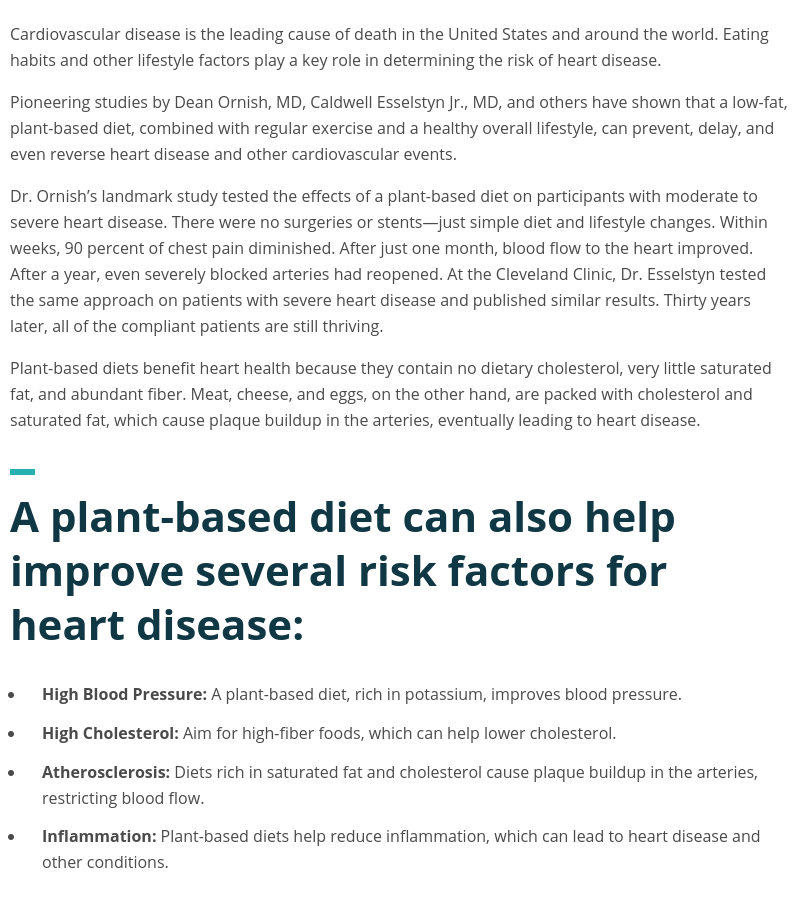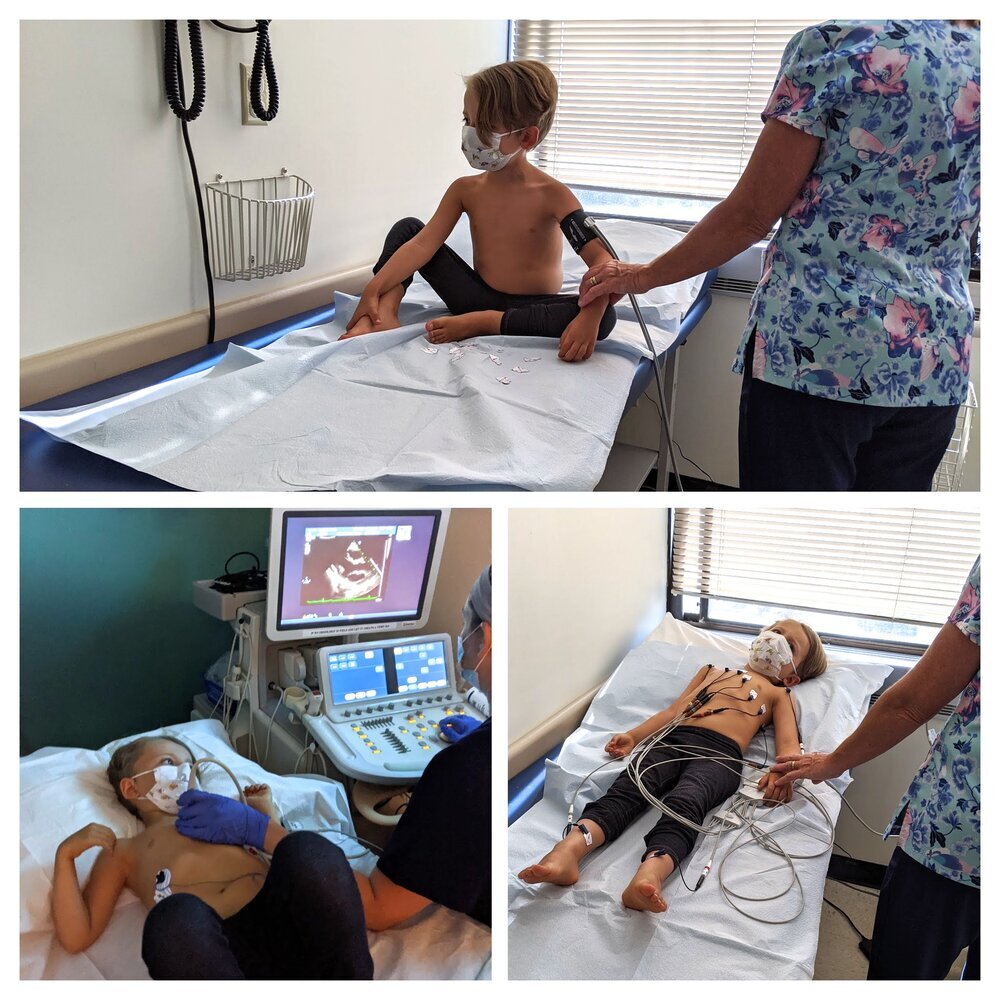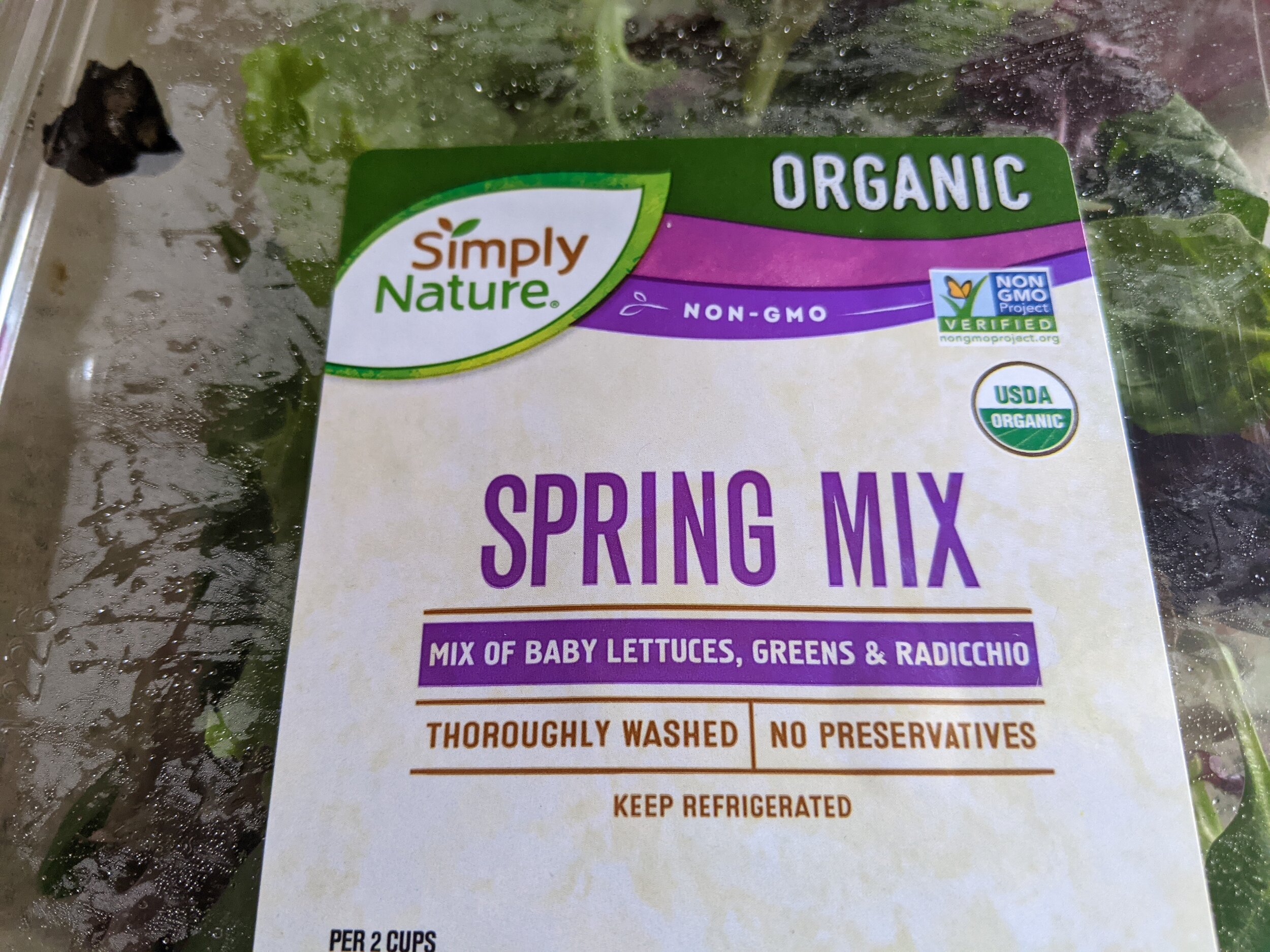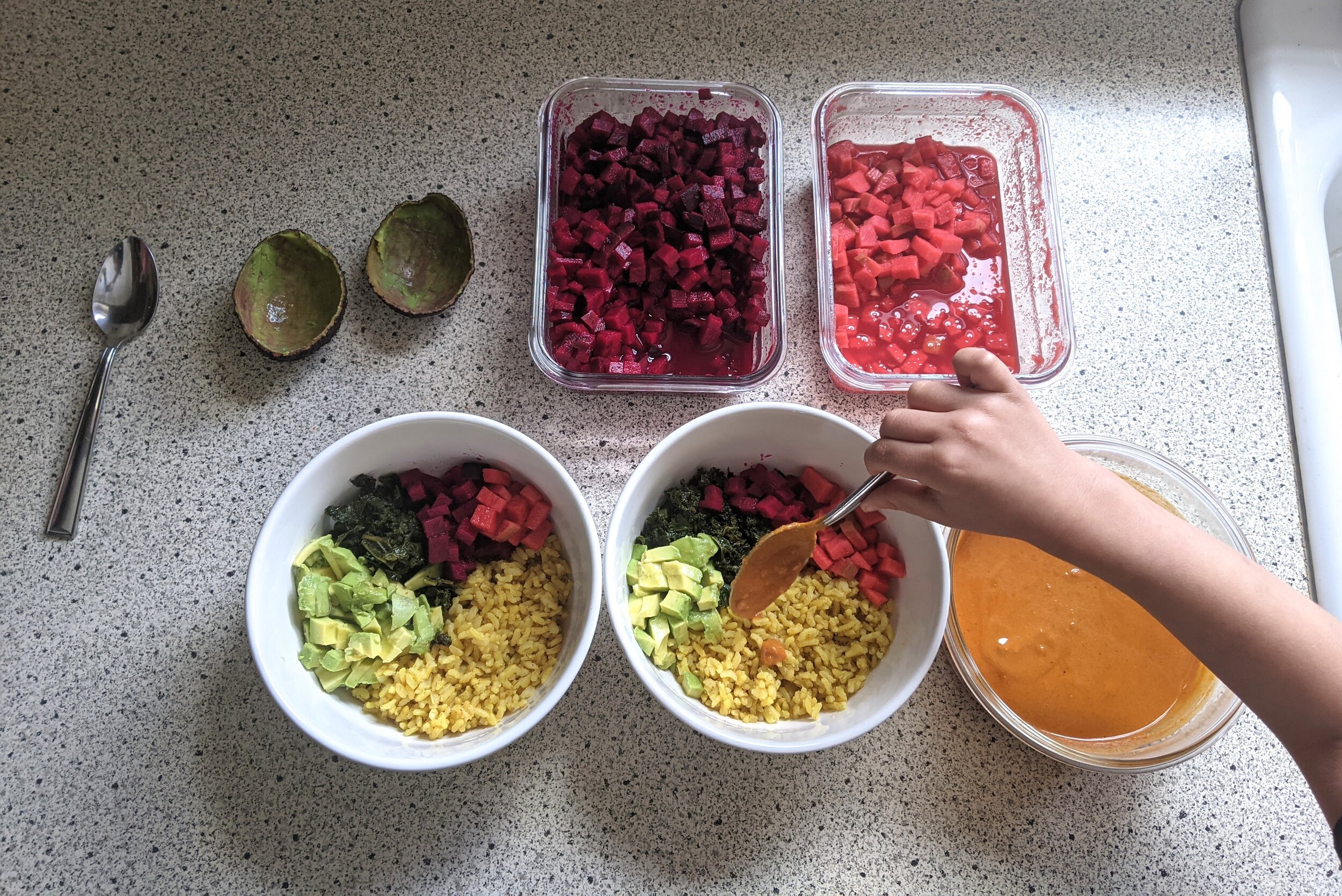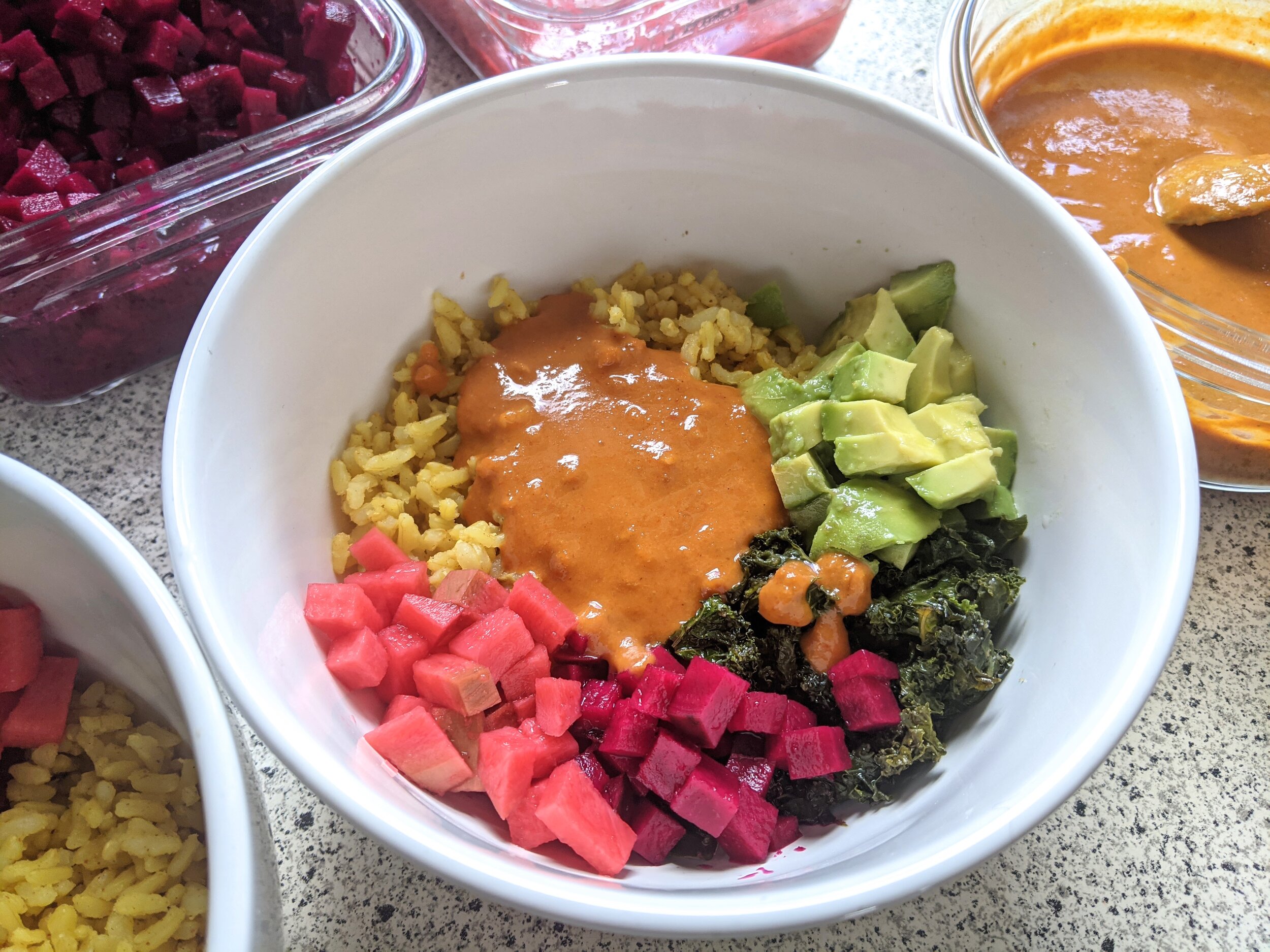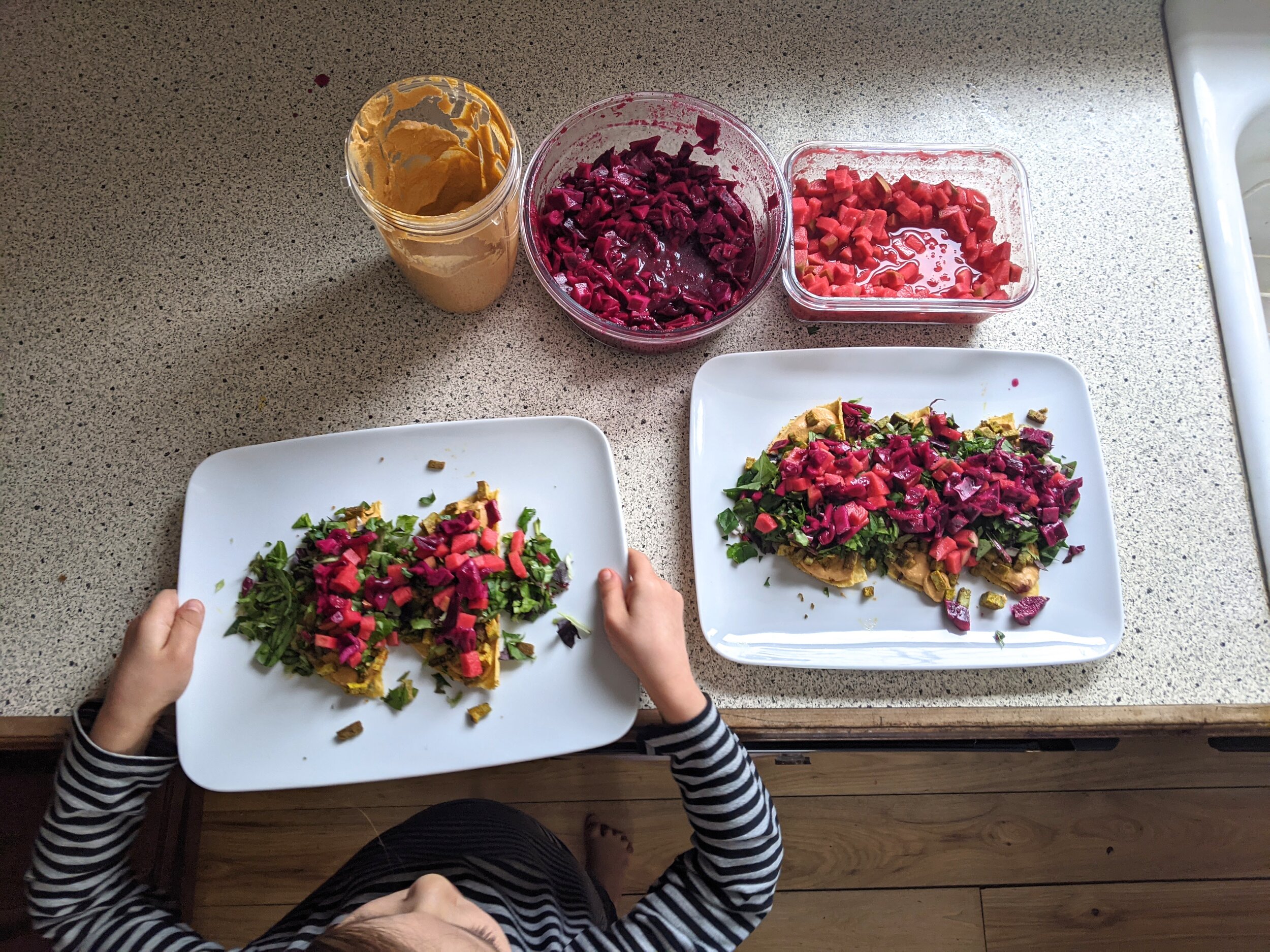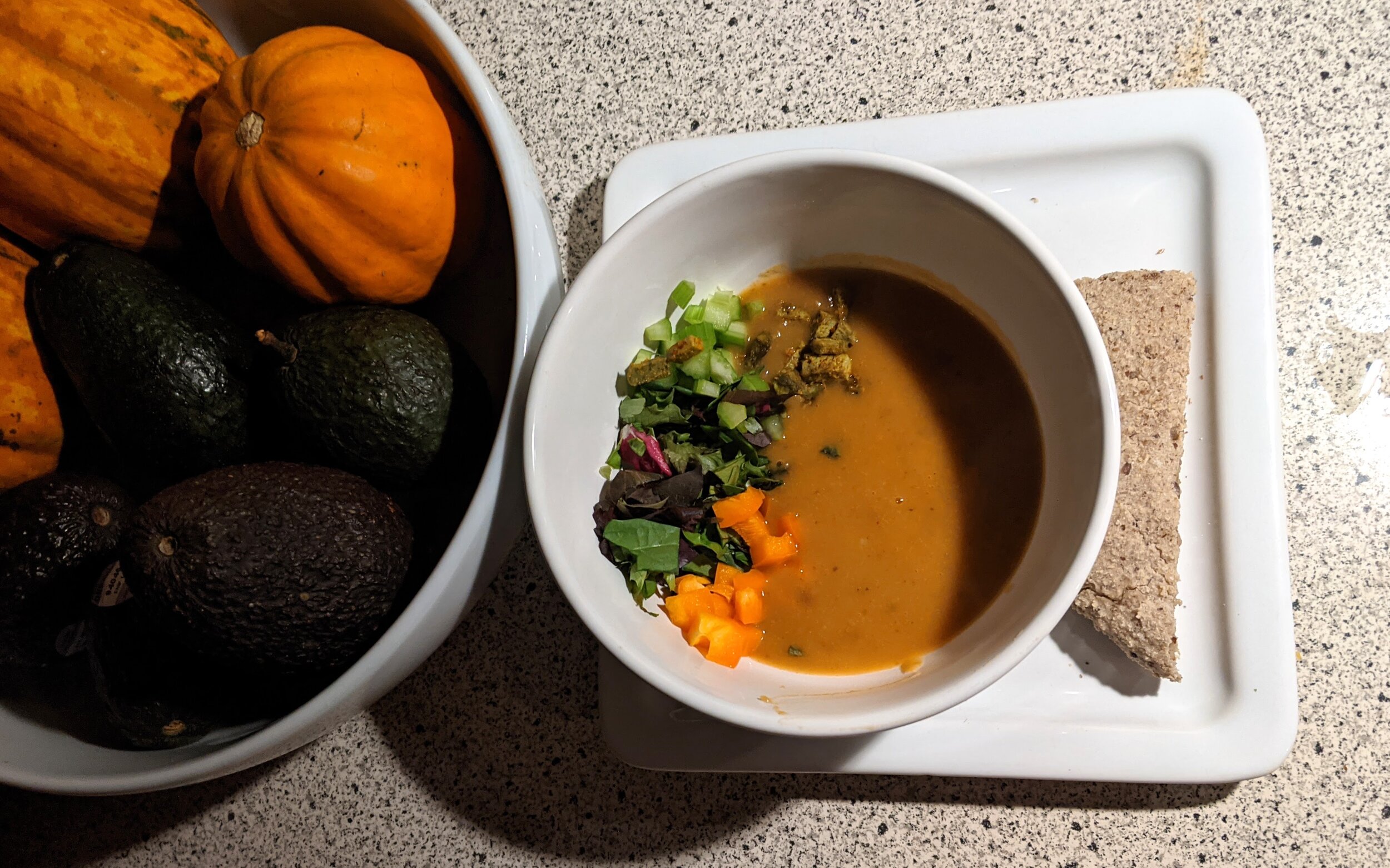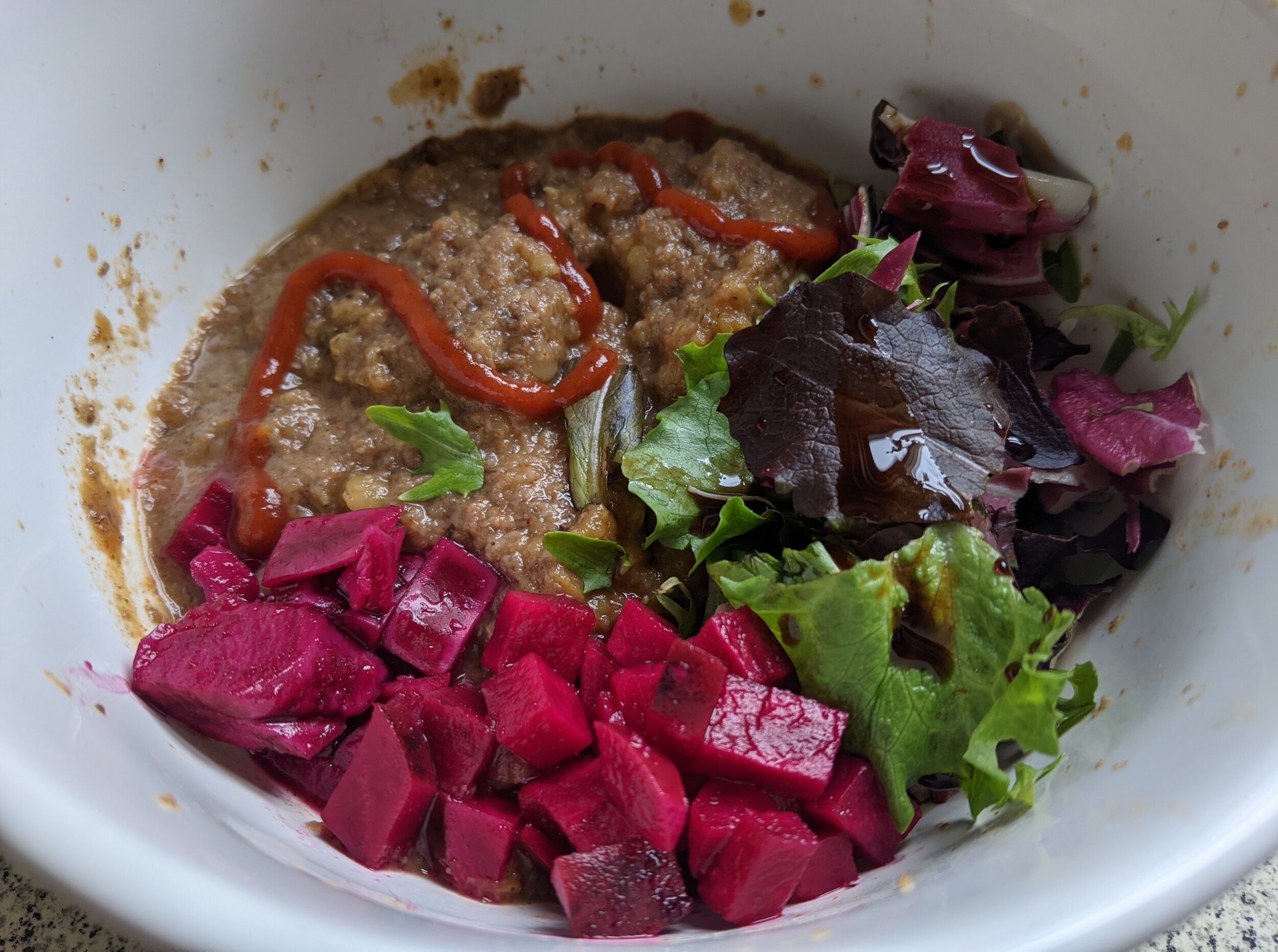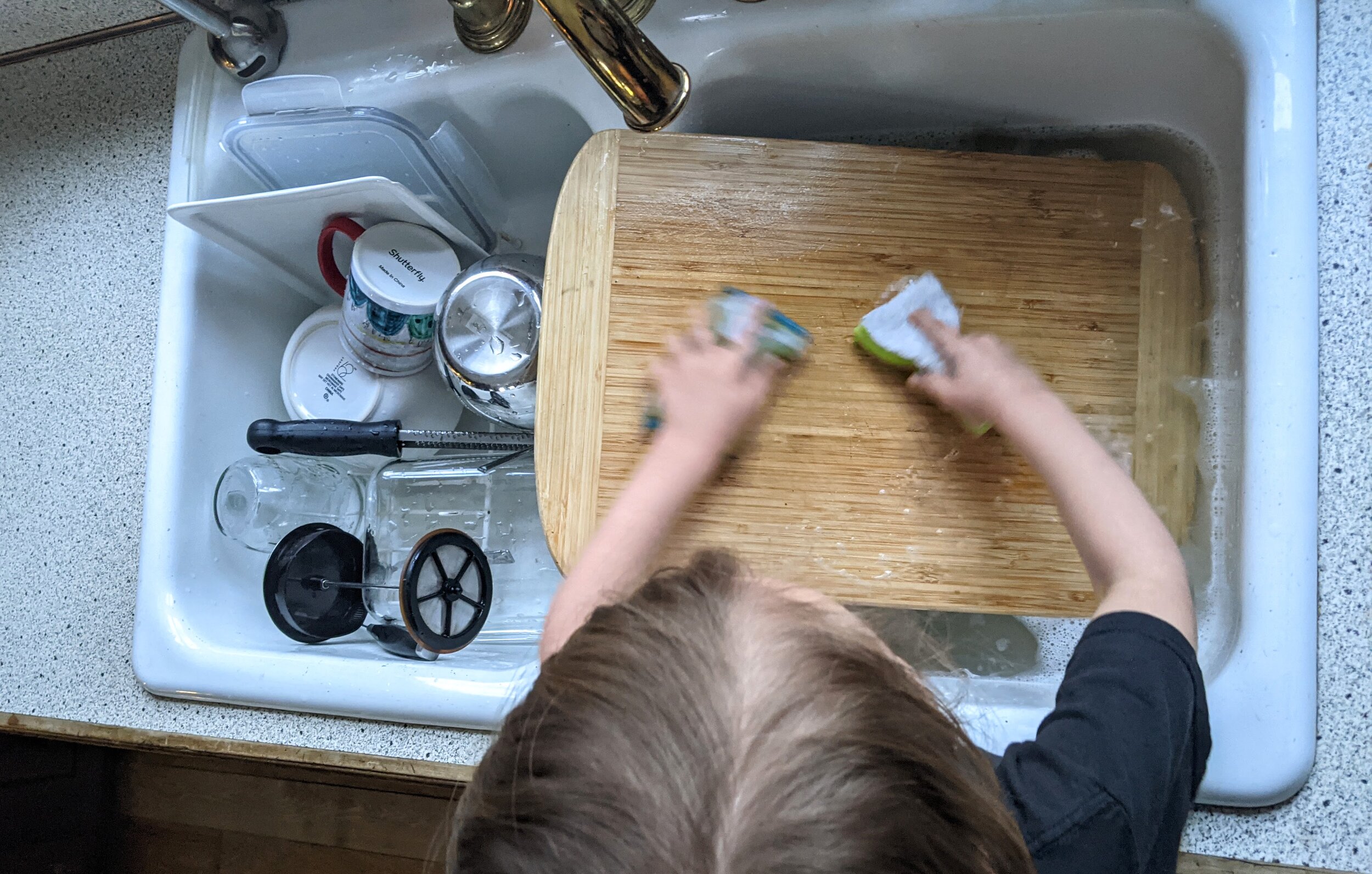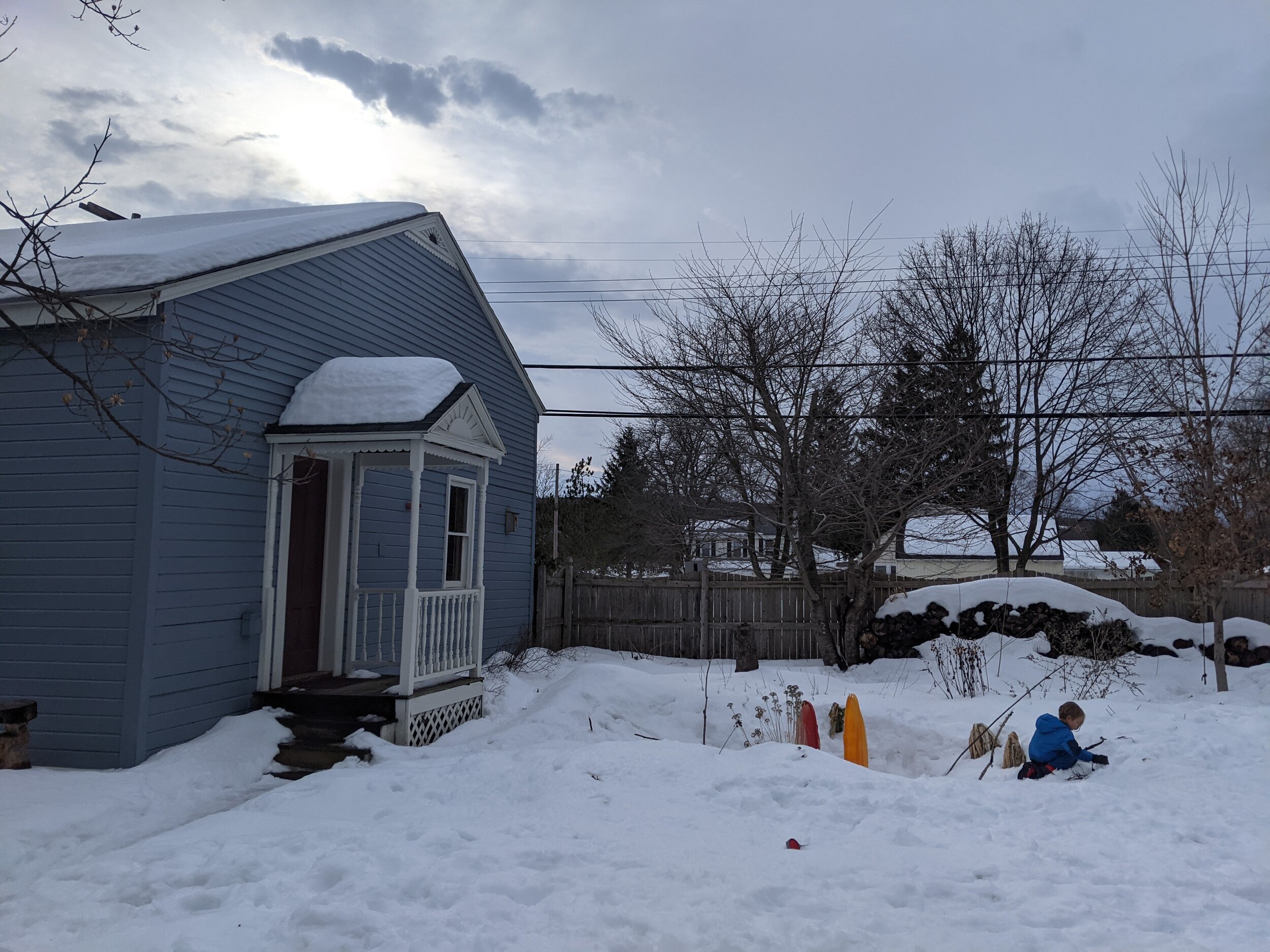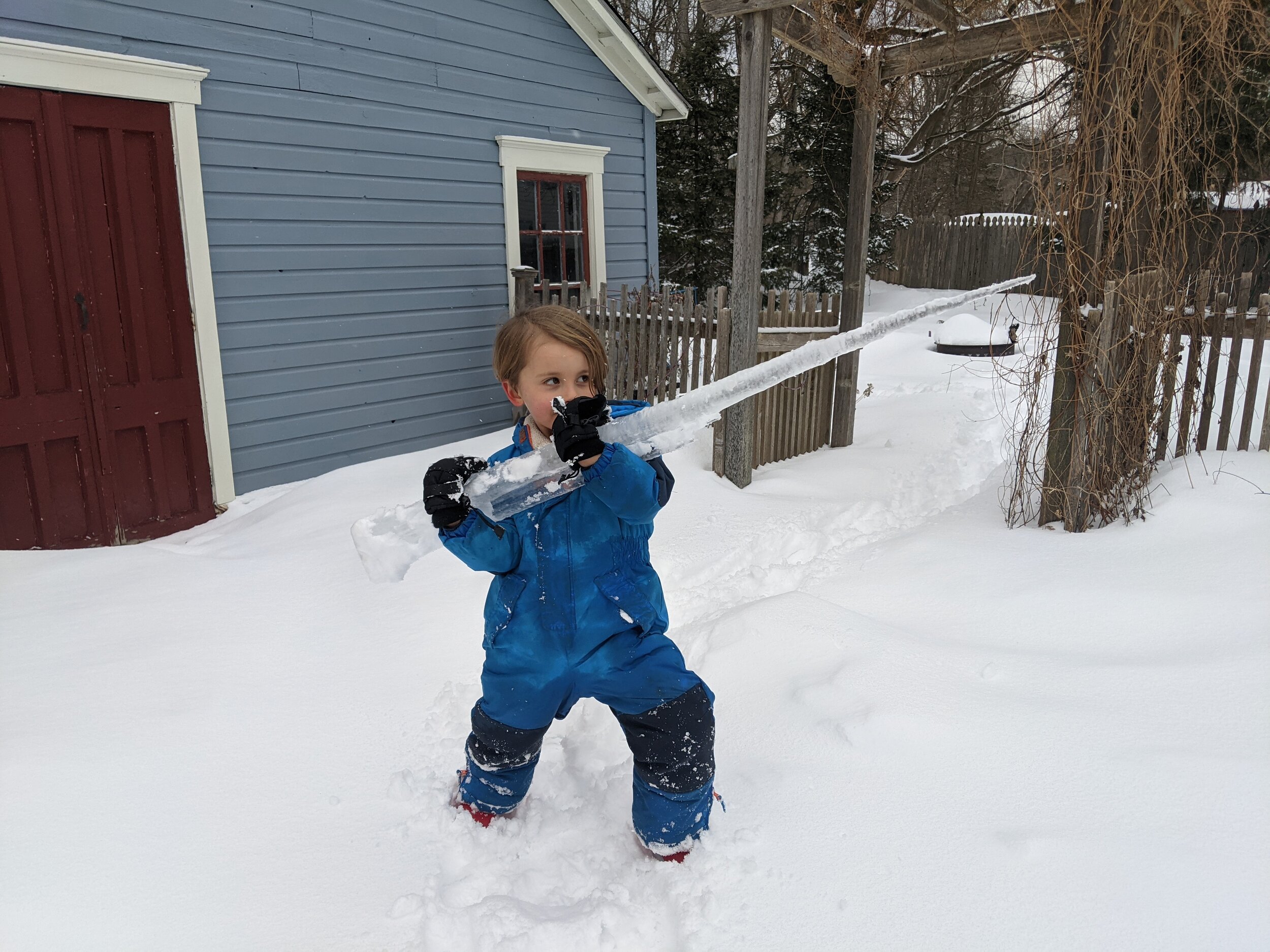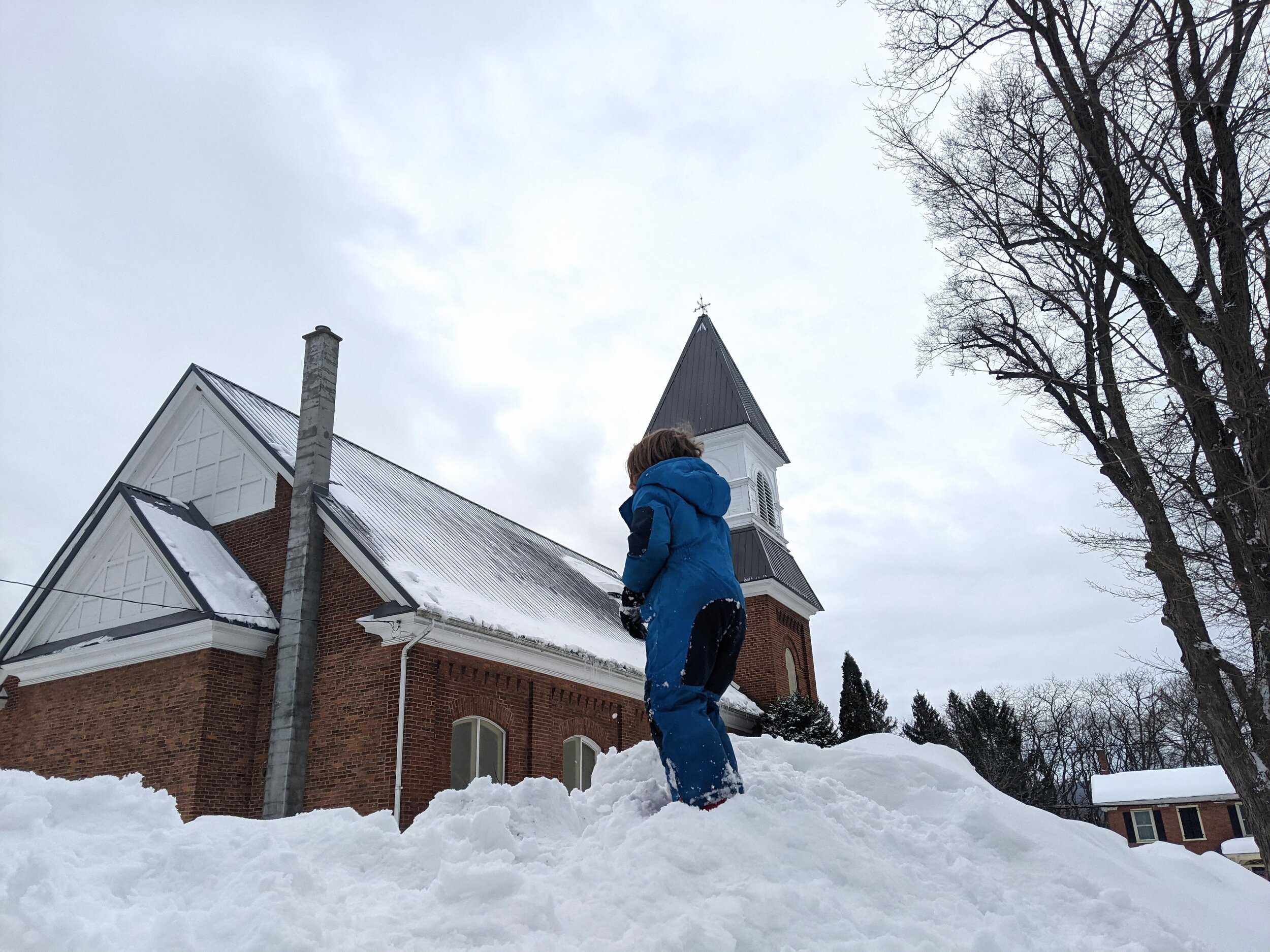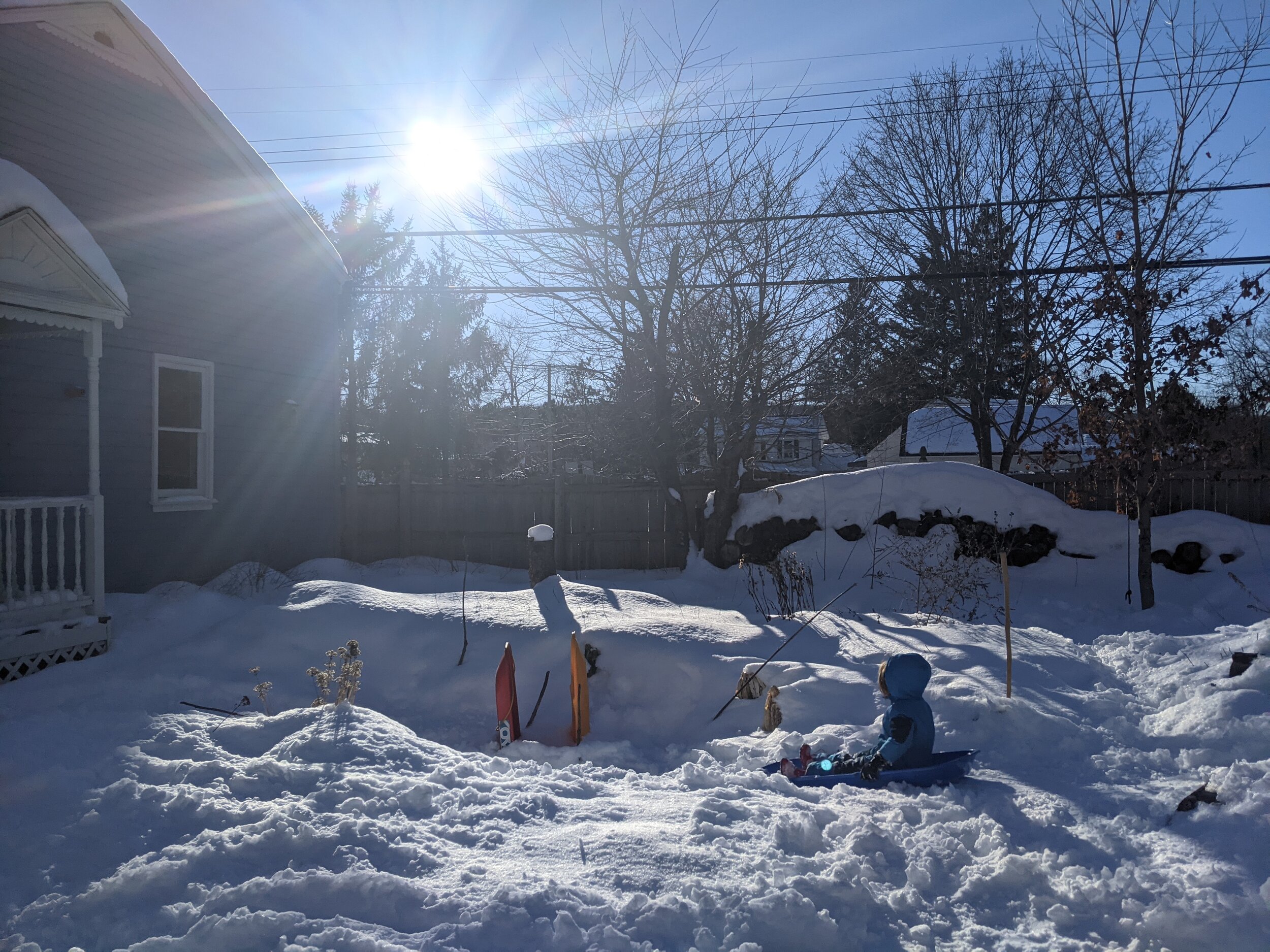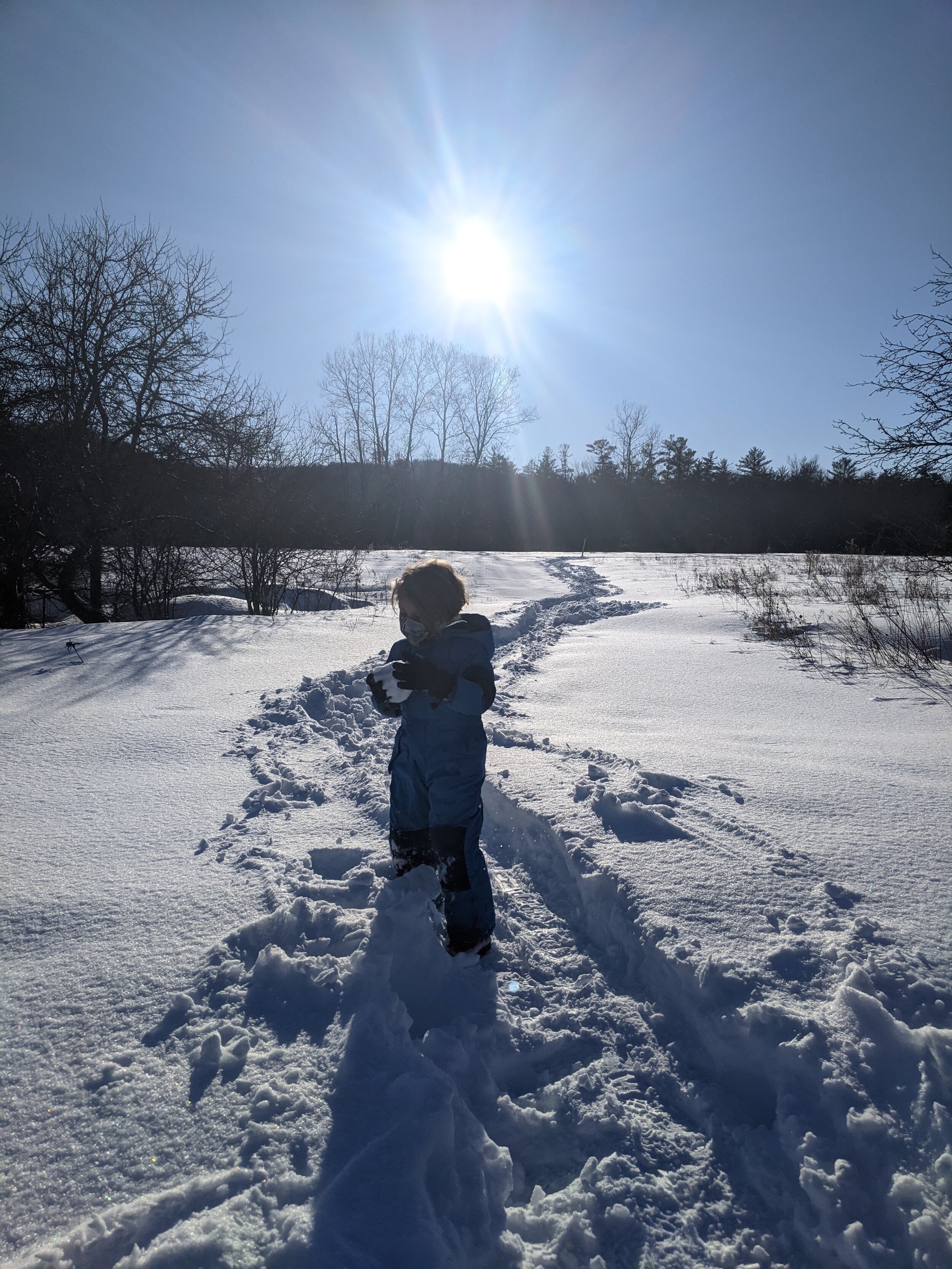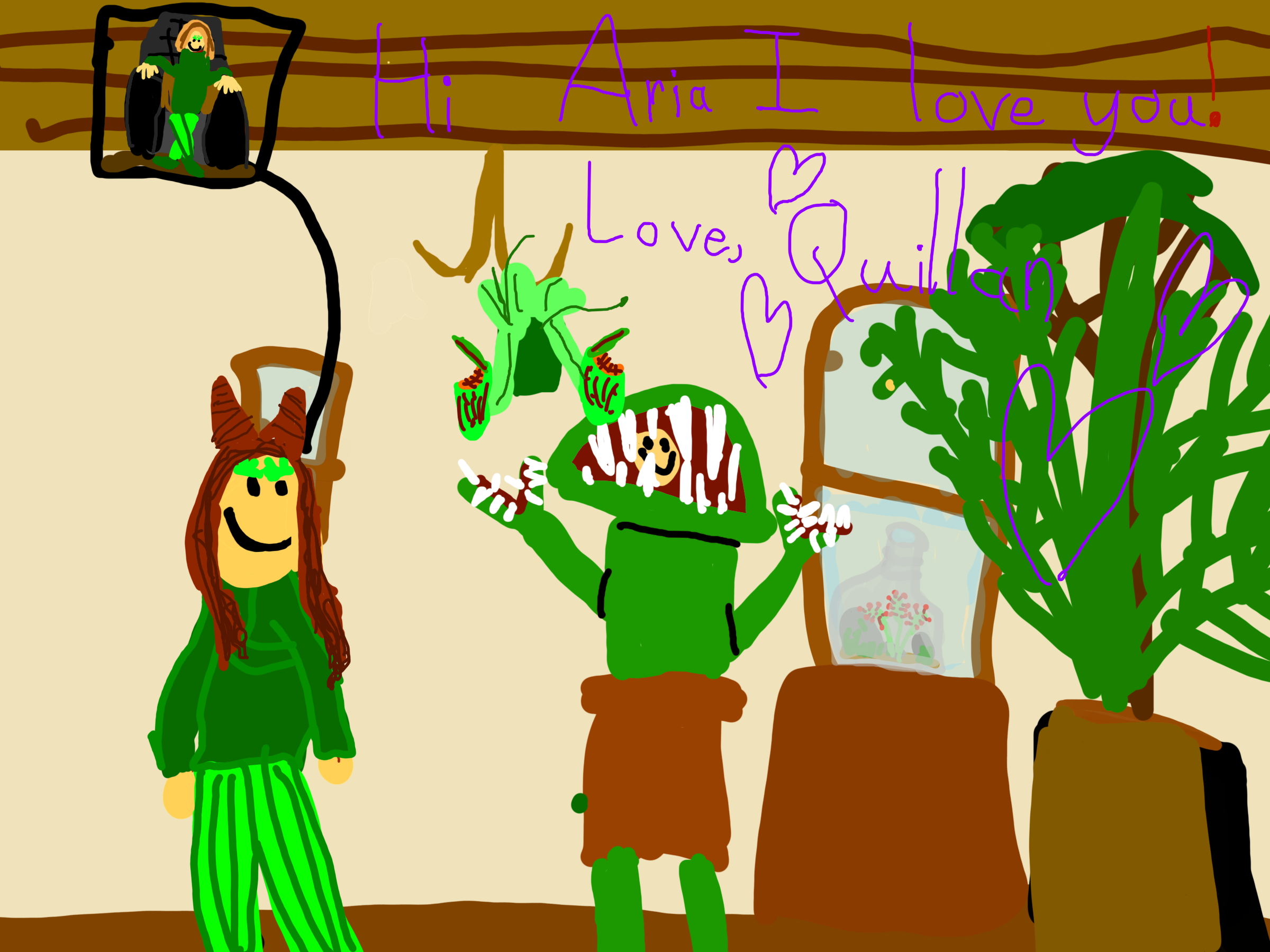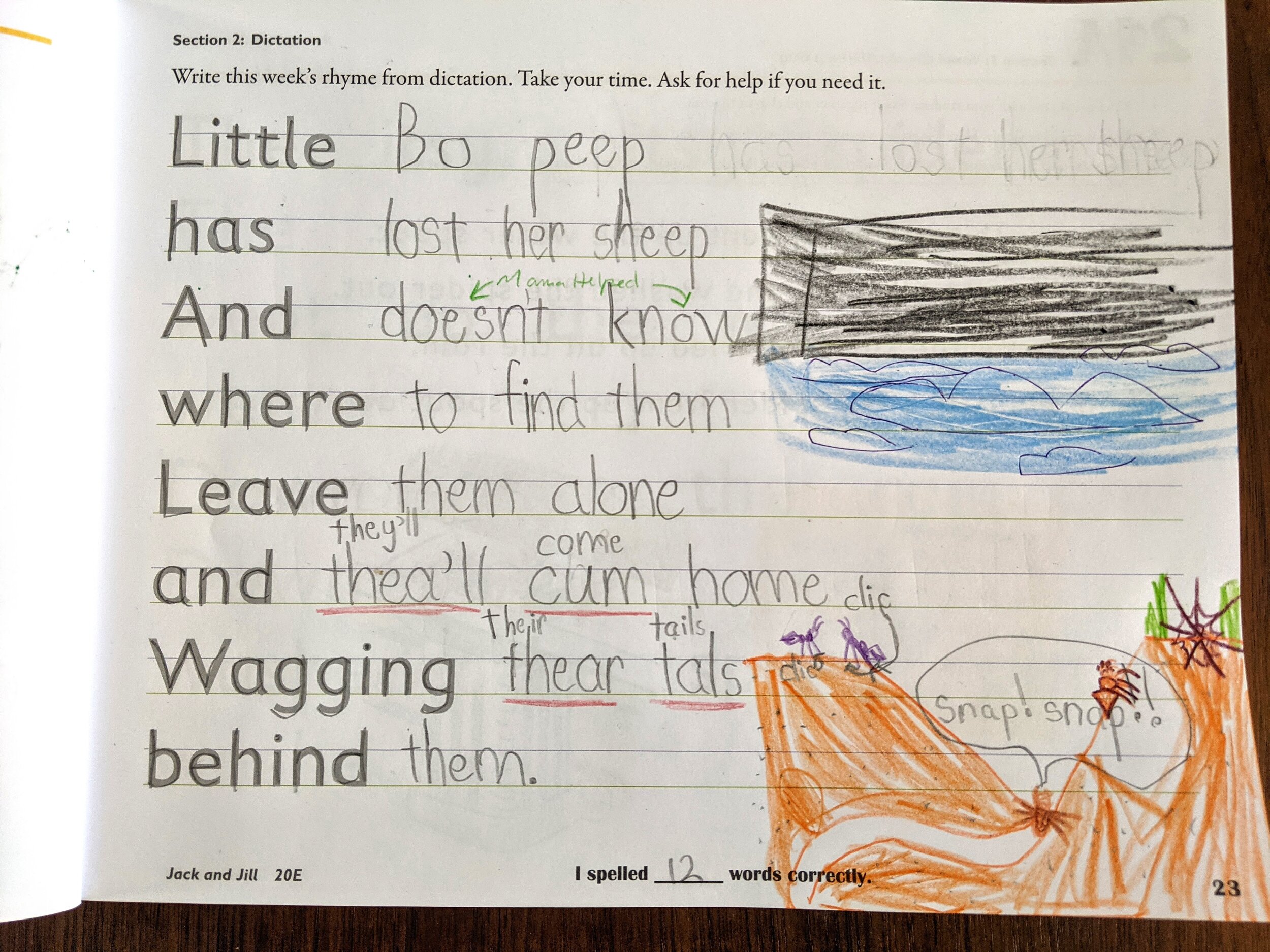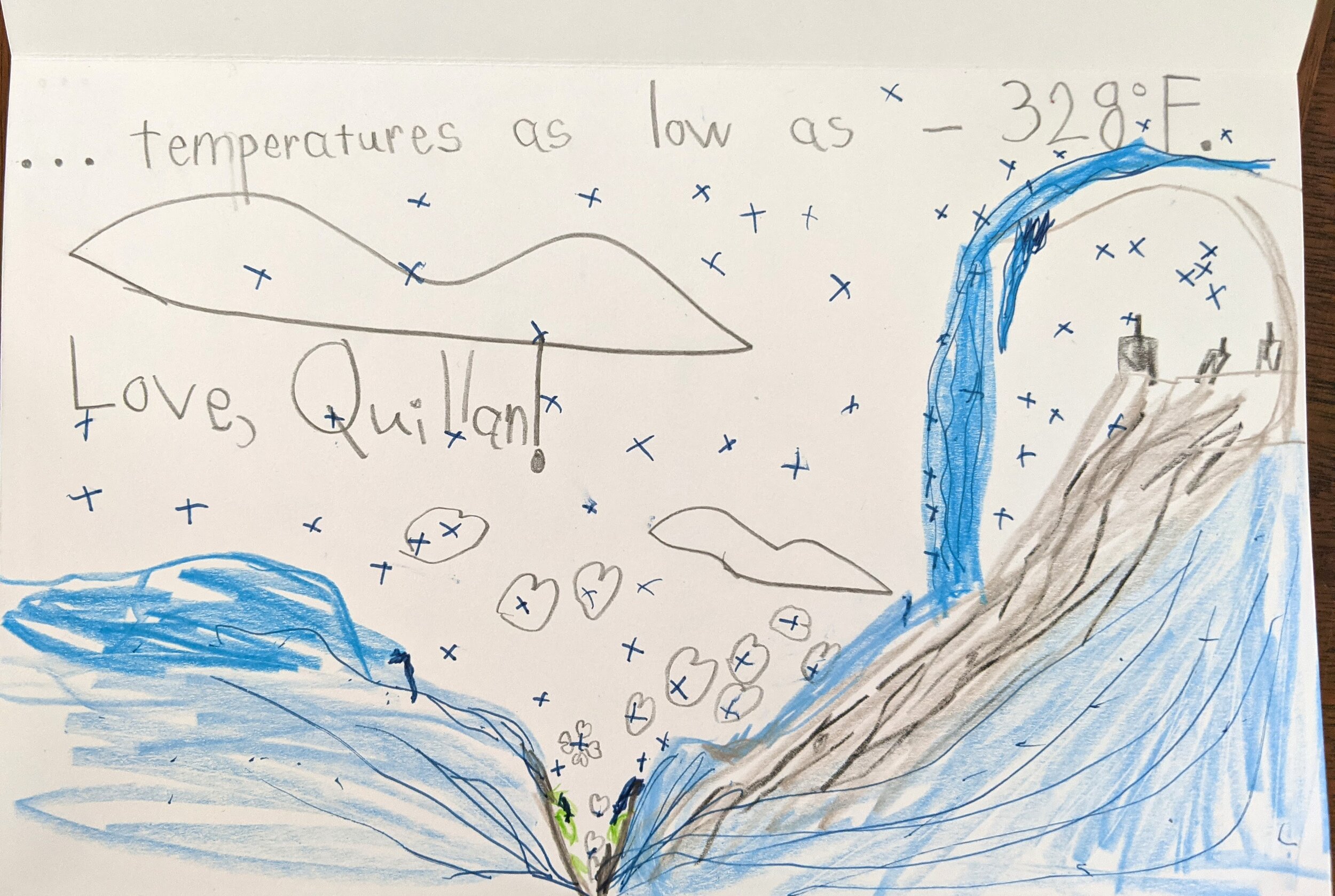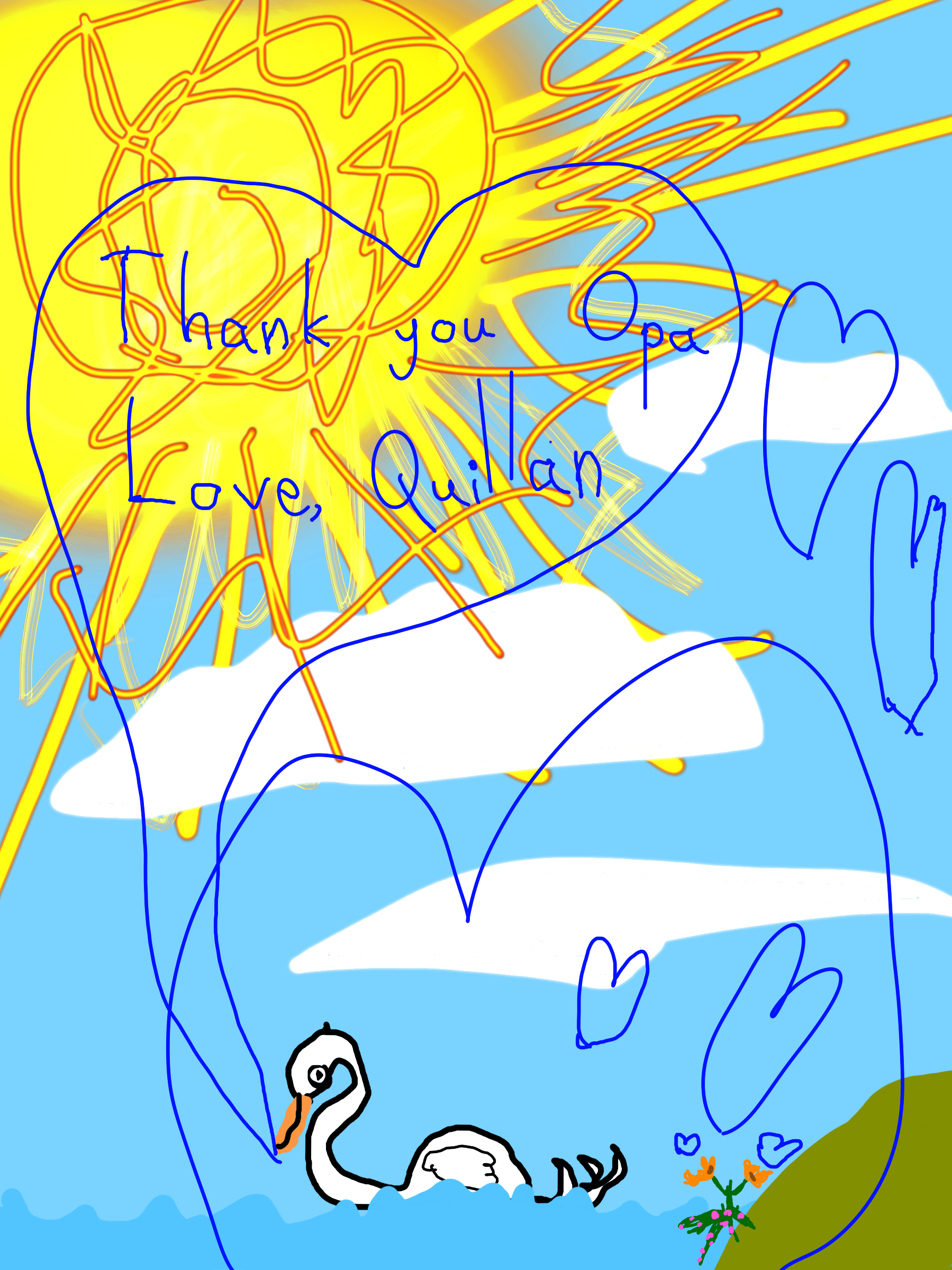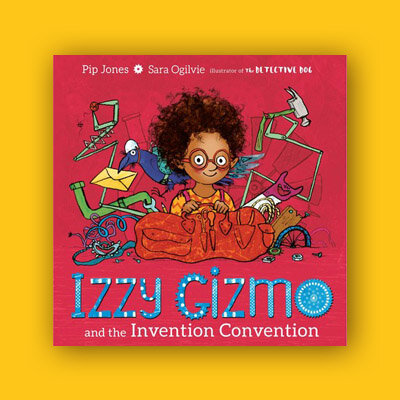What Keto is doing to your cardiovascular system (and the environment), how to prevent Childhood Atherosclerosis, & "How Deep Is Your Love?"
It’d be easy to assume that because I howl with the feisty klaxon of a bleeding heart empath, that all of this roaring comes from a sappy emotional core with no bearing on reality, but there are two things you should know about me.
First, I’m the sort of English Major who took a graduate level Biology class as a senior year elective (and this was when I was working 60+ hours in part-time jobs on top of my full-time college class schedule <— I opened a newsstand/coffee spot, I worked around the campus during the day, worked at a bookstore in the evenings, bartended til close, got a few hours of sleep, then was back up to start it all over again the next day). What was the topic of a class I’d want to throw atop that madness? “Human Impacts on the Environment”, and it tilted my whole life toward calculating the impacts we radiate with our choices, searching for ways to alleviate the damage, and working toward sustainability.
Second, in my past I was also a Senior Project Manager for solar companies in the greater New York City Area (which included calculating the power & money savings for clients, and writing data-dense grants <— winning one that set us ahead of every other Tri-State solar company) and then I was an energy auditor contracted out through Con Edison and National Grid: calculating efficiencies, impacts, and cost savings for commercial and residential properties.
So it was with that background (and years of environmental passion/reading), that I found myself sitting at my son’s third birthday in January 2018, surrounded by loved ones who were talking about how they had transitioned to Keto. My husband already had half-a-foot in this realm and was about to dive right in. The group was discussing the delight of losing so much weight, heads were nodding and harks of “Sounds great! / Great job!" complimented the encouraging vibe; but meanwhile, I was looking at Q and within in my own head I was thinking about the amount of livestock needed, the land use, the waste-streams, the emissions, and species-loss because we’ve had years of hearing about the environmental harm associated with animal agriculture, and I was visualizing the fractal of increase/destruction tied to folks demanding MORE animal byproduct, and I thought “This is madness! This is entirely unsustainable. Quill is going to inherit an environment ruined by ignorance and impulse, and here we are cerebrating his birthday while complimenting people for ruining his future. AH!! I need to step back from animal agriculture immediately.”
How that panned out: I became vegetarian, then cut out dairy, then stopped eggs purely for health reasons (<—we knew plenty of well-cared-for neighbor chickens, though eventually we learned about male-chick maceration), BUT that change of life (with that very explanation) wasn’t accompanied by “Sounds Great!” it was mainly met with awkwardness, disdain, mocking, bitterness, and disconnection.
Why is it exactly that humans will alter their diet for weight (<—and cheer someone for doing so), but when someone alters theirs for environmental/health/compassionate imperatives it is met with disdain? What does that say about us? Do we truly care about our appearances more that we care about the sustainability of this earth? Our kin’s futures? Our own health? Other species? The easy kindness toward another soul?
And most surprisingly, the Keto/Atkins-2.0 “diet” gets culturally cheered yet it is directly tied to cardiovascular disease, cancer, and it calls for MORE animal agriculture when we are at a critical point of imperative reduction; whereas plant-based diets have myriad studies showing vast health benefits for all ages and they are globally sustainable. ( <— What would help the individual radiates out to help the whole planet.)
We owe it to ourselves and our children to grow forward before it is too late (<— the latest UN report is now stating that we have **10 Months** to get serious on climate goals <— what are we waiting for?!), because we have environmental imperatives, a feast of healthful reasons, and compassionate reasons to adapt.
Best of all: never before have we had so many resources at the ready to help you stumble forward, and if this past Meat-&-Cheese Hobbit could grow beyond the Standard American Diet (and still love every meal), anyone can.
Continue for: what your cardiovascular system looks like with a Keto diet; childhood atherosclerosis and how to prevent it; pediatric resources again; “How Deep Is Your Love” and how Q snapped it into an environmental lens that simultaneously clenched and cracked my heart; and a family living by plant-based (almost entirely) whole-food example in hope it sparks you to start working toward sustainability because you have the ability to help all while bettering your own health.
Live Kindly, Feast Kindly, Grow Forward.
“High-Fat, high-protein, low-carb” = Keto… so this path may involve losing weight, but the folks on this path are sadly filling themselves with cardiovascular diseases, ruining the environment, & needlessly causing a soul to suffer. Given that one can lose weight on a plant-based whole-food diet (while also bolstering their health tremendously), reduce their environmental impact over 70% by pivoting vegan, AND spare souls from suffering: it makes the choice of paths pretty easy-breezy, eh?
From Undo It by cardiologist Dr Dean Ornish and Anne Ornish
Q’s heartbreaking drawing of our current global system accompanied by his shock that we’d continue with animal agriculture when we have healthier, kinder (notice that that broken-hearted soul showed every animal mother separate from her kin), and more sustainable alternatives.
”How Deep Is Your Love” came on the radio this week, and Q piped up from the backseat, “I like that it says we’re living in a world of fools, but it also says I believe in you, because I like to think that every body who is hurting the earth now is going to do better someday, but it’s really kinda kinda frustrating that they are still doing it now, because we don’t have much time.”
If you’ve sat around this household, you’ve seen that we unpack everything (even songs), so discussing lyrics isn’t new (<— and if you ever want to go deep with Q, just start talking to him about some of his favorite songs), but he shifted my whole relationship to this song, and after wanting to listen to this The Bird And The Bee version on repeat over the course of several days, the discussions grew all the deeper.
I know your eyes in the morning sun
I feel you touch me in the pouring rain
And the moment that you wander far from me
I wanna feel you in my arms again
And you come to me on a summer breeze
Keep me warm in your love, then you softly leave
And it's me you need to show
“So, it kind of reminds me of how we have all these people I really love, and we only get to see them like a few times a year, and they are always like ‘I love you, Quillan!’ but they don’t see that they are eating so many animals that my babies may not even have a good earth to live on, and they don’t even care, and it feels like I love them a lot but they don’t love me so much or they would care more.”
How deep is your love?
How deep is your love?
How deep is your love?
I really mean to learn
'Cause we're living in a world of fools
Breaking us down when they all should let us be
We belong to you and me
“And like…sometimes it feels like you wanna go ‘COME ON, PEOPLE?! How can you keep eating all these animals if you don’t even need to and if it is hurting the environment? Look at how strong Patrick Baboumian is! He’s like an ox!”
I believe in you
You know the door to my very soul
You're the light in my deepest, darkest hour
You're my savior when I fall
And you may not think I care for you
When you know down inside that I really do
And it's me you need to show
How deep is your love?
“I like that it says ‘I believe in you’ because Grandma has started eating a lot of [plant-based] yogurt, and Aria gave up burgers, and Kelly stopped eating meat, and we just gotta keep showing people how strong we are…or make them some donuts,”
Rhetorical Mama Bear howl: how deep is your love for my son and your kin? Because the writing is quite clearly on the wall, love means thinking beyond yourself, and humanity’s environmental stability rests on the shoulders of your indifference or forward movement.
I challenge you this: if you truly “love” my son (and/or your kin,) you should start stumbling toward protecting his/their environmental future and health.
From the American Journal of Medicine
From the National Institutes of Health
That moment when your son is ordered by his pediatrician to see a cardiologist because both sides of his family tree have a horrifyingly prolific array of cardiovascular disease, and you balk because you know you're on top of it and giving him the only diet known to prevent (AND REVERSE) cardiovascular disease, but you go as ordered and watch him patiently sit through an array of tests, only to have Onondaga County's best-reputed Pediatric Cardiologist (Pendergast!🙌♥️) come in and say every single thing about your son is robustly healthy and we're doing EXACTLY what he is urging all of his patients to do: eat a Plant-Based Diet! 🙌🎉💓
[I had a backpack full of cardiology/nutrition books to present if the Plant-Based path was disparaged 😅, and was elated that he brought it up first and was feeding me back the same things we've learned. 🙌🙌💓]
Want to move away from our Standard American Diet and the diseases it perpetuates? (If the planetary perils weren’t enough of a pull?)
I’ll redirect you to this horrifying/illuminating video again (and again, and again <—it’s showing how cardiovascular disease starts in children), and the following studies that show the same thing:
Evidence of the Beginning of Atherosclerosis in Infancy and Adolescence”
“Cardiovascular disease risk factors and atherosclerosis in children and adolescents
“A Few Unpleasant Facts About Atherosclerotic Arterial Disease in the United States and the World”
Compelled?
If you have a kid and want to transition them to plant-based whole foods, first: start eating plant-based whole-foods yourself. Our children see what we do and will learn from it.
Second, here are some great resources:
“Nutrition for Kids” from the Physician’s Committee for Responsible Medicine
“Children who are raised on healthful vegan diets have a reduced risk for heart disease, cancer, obesity, diabetes, and other conditions. Adolescents raised on a plant-based diet often find they have an easy time maintaining a healthy weight. They also have fewer problems with acne, allergies, and gastrointestinal problems than their peers who eat animal products.
American children often have fatty streaks in their arteries before they finish high school. Children who eat a plant-based diet limit foods high in saturated fat and cholesterol, which can contribute to heart disease.”
“Diet, Children, and the Future” from Dr John McDougall
“All Children Should Have Their Cholesterol Checked Between Ages 9 and 11” from Dr Michael Greger
“Plant-Based Eating for Kids” from nutritionist Emma Roche (who also wrote the book “Whole Food Plant Based on $5 a Day”)
“Pediatric Plant-Based Nutrition Quick Start Guide” by Dr. Jackie Busse
“Raising Plant-Based Kids with Flexibility and Love with Dr. Laura Pridemore (pediatric series)” (Any of Pediatrician Dr Yami’s podcasts are SO HELPFUL.)
Dietitian Dahlia Marin’s “Understanding Your Gut And Raising Healthy Children”
Nutritionist Kiran Sidhu’s ever-helpful Facebook Page titled “Raising Healthy Plant-Powered Kids” where she posts free videos and segments about pediatric nutrition and even offers individualized supports.
And the ever important “Plant-Based Diets: A Physician’s Guide” put out by the National Institutes of Health to our medical professionals.
We followed the advice of the research, studies, doctors, dietitians, nutritionists above and now we (but most importantly Quill) are in the best health of our lives.
What do you have to lose other than bad habits and a harmful diet? What you gain is health and a healing environment your kin will inherit.
Here are some examples of what we were eating this week.
And it doesn’t have to involve a lot of fuss.
One way we save time and get a lot of fibrous nutrition into us: I make a big sheet of fruit crisp over the weekend (topped with a mix of whole oats, flax seeds, and crushed nuts), and we heat up slices of it for breakfast with various fruit combos and/or Oatgurt.
And lunches can be prepped quickly if you make a big pot of grains (<—here seen, turmeric brown rice), and an array of quick-pickled veg (cabbage & radish), super-quick-to-make peanut sauce (one batch lasts several meals), and change up your greens (<— here seen: amino braised kale).
We’ll also dice up Aldi greens.
And this system allows Q the ability to participate in making his own bowl.
That set up works well for Tacos too (pumfu and cashew queso)
Peanut sauce leftovers with quick-pickled beets and green onions.
And what it looks like when it has been doused with omega and iodine rich furikake.
“Loaded Potato Soup” with mixed greens, bell pepper, and whole-grain bread.
Ethiopian style red lentils, topped with mushroom gravy, and served with greens and beets.
Split Pea Soup with braised kale, avocado, bell peppers, and turmeric rice.
Mushroom Gravy Stroganoff with Pumfu and also hiding a whole bunch of chia that was so unnoticeable Ian and Q didn’t even know I’d done it. :-)
More tacos :-)
“Dip Bowls”: plant-based whole-food refried beans, and kale dip I’d made with cashews and plant-based yogurt, quick-pickled cabbage, cashew queso, and green onions.
Omega Green Smoothies with added ashwagandha
Working on homemade peanut butter.
Made more plant-based whole-food peanut butter donuts. :-)
Helps with cooking and cleaning. :-)
And aside from stressing about the environment and eating/cooking all the livelong day, what do we do?
We make sure to enjoy as much of this earth as we can, for as long as we can. We bounce between our yard and local free parks, and focus on soaking up as much Vitamin D as is possible in a Central New York Winter.
Rand Tract with Papa/Ian
Yard Sarlaccs
Rand Again
Icicle weights :-D
Rand again
Morning Dancing <3
Finding fun in the snowmounds and the neighboring church’s parking lot.
Walking to-and-from through knee-high snow makes for good blood movement.
Rand again. :-) (it’s the closest)
Sun and Sarlaccs
Pleasant Valley Nature Preserve
And we aren’t at parks all day, we’re working through a challenging homeschooling curriculum for that precocious kindergartner. Here’s a sample of some work and love he’s sent out this week.
Poison Ivy has been popping up on more drawings lately.
Q: thinking about Halloween 365 days a year.
Also Q: thinking about Aria 365 days a year.
"It's me and Aria for Halloween, and we're also going to be putting on a play. And she'll be Poison Ivy, and I'll be one of her plants, and in her mind's eye she's imagining a flower throne I'm going to design and build for her." 😄❤️❤️
Oy how I love that he made himself a plant instead of a superhero and designed her a throne!😄❤️❤️
He has tests now where he’s supposed to see how many of the words he can recall from the poem, and it’s been a great lesson in the variability of the English language and how “sounding it out” isn’t always applicable, and some tricky words will eventually need to be remembered.
What do I love about this? That it shows we all are working on something, and there are parallel realms where we can comfortably soar. Q? He loves drawing more than most things, and I love that in the margin he doodled a snapshot that covered below the ground to outer-space.
And he’s still pulling out facts from the book my aunt gave him, and sending her weekly facts/love-notes.
He’s a whirl of brain and heart.
Those Shadows!! <3
Love over here is the fuel that fires the howl to protect as much of this precious planet while we can.
Q jumping at the sight of Ian returning home.
Q blowing me kisses as I leave for a Board of Education meeting.
what was awaiting me when I got home late. “I was waiting for you to read me Izzy Gizmo before bed… please!”
One of our most favorite books. “While all her fellow contestants are trying to build sleek new machines, she tries to perfect her recycling machine fuelled by nature. Can she do it?” Get it from whatever local bookstore or library you can.
What’s the most impactful thing you can do as an individual to help your kin, community, millions of species, and planet? Transition as plant-based as possible.🌎♥️
Why? Plant-Based foods are environmentally imperative 🌎. They also promote ideal health💪 (which takes stress off our overburdened health care system), are inexpensive🙌, delicious🤤, & compassionate. 💕
Why imperative, though? 🤔We’re approaching (& have crossed) climate tipping points that will doom our kin & millions of other species. 😱📣Reducing/eliminating animal products is the *most impactful thing an individual can do* to prevent worse. 🌎🔥
Why? Animal Agriculture creates more emissions than the entire transportation sector combined, it’s tied to water waste/loss/pollution (<-- freshwater is our most precious resource💧), land loss/deforestation (<-- exacerbates climate change by reducing our ability to sequester carbon🔥🌎), ocean acidification (<-- FYI 50-85% of earth’s oxygen originates from oceanic plankton🌊) & vast species loss/extinction/suffering💔📣🌎
Plus, consuming animal products is tied to increased risk of cardiovascular disease❤️🩹, diabetes👎, cancer👎, and chronic disease👎; whereas Plant-Based feasting is linked to preventing/reversing some of our most common diseases (<— like cardiovascular disease, diabetes, and cancer); plus it promotes ideal health & robust strength (ie Olympians, Weightlifters, Endurance Athletes are thriving via PBWFs too). 🎉🙌♥️
What organizations are promoting plant-based diets for best health and environmental stability? National Institutes of Health, Mayo Clinic, Yale, the United Nations, Harvard School of Health, American Heart Association, American College of Cardiology, American Cancer Society, American Diabetes Association, The American Academy of Pediatrics, National Kidney Foundation, even the Parkinson’s Foundation.
We’re all overwhelmed in one way or another, but for the sake of our kin (and the millions of species we share this planet with) we need to start pivoting forward. As someone who once rarely ate green things & used to eat animal products at every meal, I can assure you that is possible, affordable, enjoyable, & purposeful to pivot Plant-Based. In fact, our whole family is now healthier/stronger than ever. 🙌♥️
Anecdotally, our son had failure-to-thrive, was also plagued with perpetual ear-infections/sinus-infections, and had an omnipresent runny nose. What was he eating? Grass-fed milk, organic/antibiotic-free/grass-fed/local meats, eggs from organic-fed/well-loved chickens from a neighbor, every meal came with vegetables, and we limited junkfood. He was healed via a plant-based diet: he’s launched out of that diagnosis and the last time he had a sinus-infection (or was sick at all) was in 2019 when he had some cheese at a school Christmas party. Before shifting to PBWF’s he was sick every month, and how he’s a robust, vital, thriving kiddo. 🙌🎉♥️
If you think any of the above sounds over-reached/absurd/impossible, please go read the links above. I understand the inclination to hackle-raise (<—because I was once totally there) but the science is clear: any step we make forward is imperative (<—and again “STEPS” is the focus. Don’t leap, just start making steps!). It’s as simple as starting with one meal a week and growing from there.💕
We have the ability (deliciously, healthfully, kindly, inexpensively) to *preserve/protect* the planet we share with millions of species & our kin. How are we going to use that power today?✌️🤟🖖





